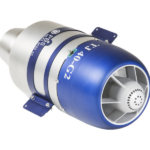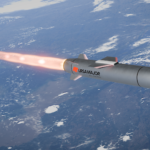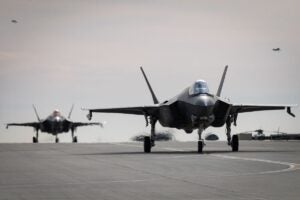
The Biden administration on Tuesday announced $325 million in new military aid to Ukraine to be drawn down from existing Department of Defense inventories, including 15 Bradley fighting vehicles, 10 Stryker armored personnel carriers, and munitions for air defense and anti-armor. The air defense munitions are for the National Advanced Surface-to-Air Missile Systems, also called NASAMS, which fire the Raytheon Technologies [RTX]-built Advanced Medium-Range Air-to-Air Missile. The package also includes the man-portable, shoulder-fired Stinger anti-aircraft systems, which are supplied by…

 By
By 










